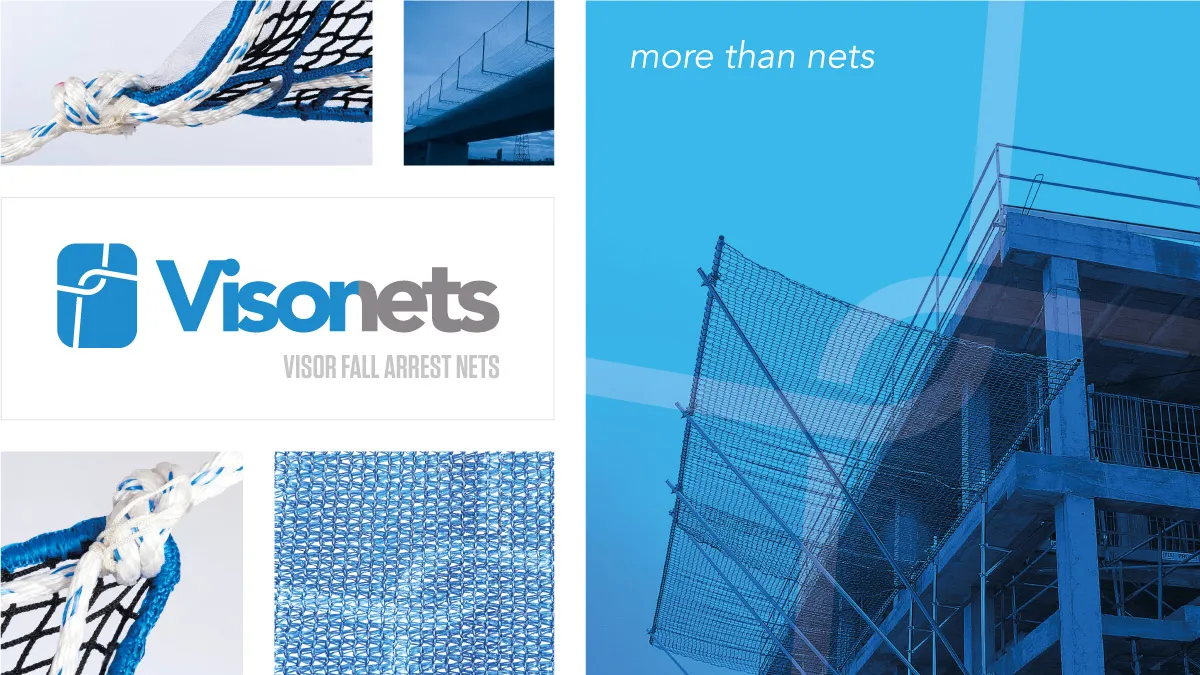When should we stop work due to high winds?
When we are working at height, any false step can be fatal.
This error may be due to adverse atmospheric phenomena, such as the presence of strong winds.
Strong winds: hazards
According to the Occupational Safety and Health Administration (OSHA) of the United States of America, the presence of high winds carries the following hazards:
- The wind could blow an employee from an elevated location,
- The wind could cause an employee or equipment handling material to lose control of the material, or
- The wind would expose an employee to other hazards not controlled by the standard involved.
When should we stop work due to strong winds?
The Occupational Safety and Health Administration typically considers winds in excess of 40 miles per hour (64.4 kilometers per hour), or 30 miles per hour (48.3 kilometers per hour) if the work involves material handling , meet the high wind criteria, unless the employer takes precautions to protect employees from the dangerous effects of wind.
Consequences and solution
Leaving the workplace at height due to adverse weather conditions, in this case strong wind, involves costs in both time and money. A possible solution to these consequences is to know the forecast of the wind force well in advance. In this way, working hours can be organized in a more efficient way, avoiding cost overruns and also accidents.
The Met Office (UK) or The National Weather Service (USA) offer forecasts for 5 days in view of the strength and direction of the wind.
However, to avoid possible accidents to workers due to strong gusts of winds, the installation of safety nets is recommended.

